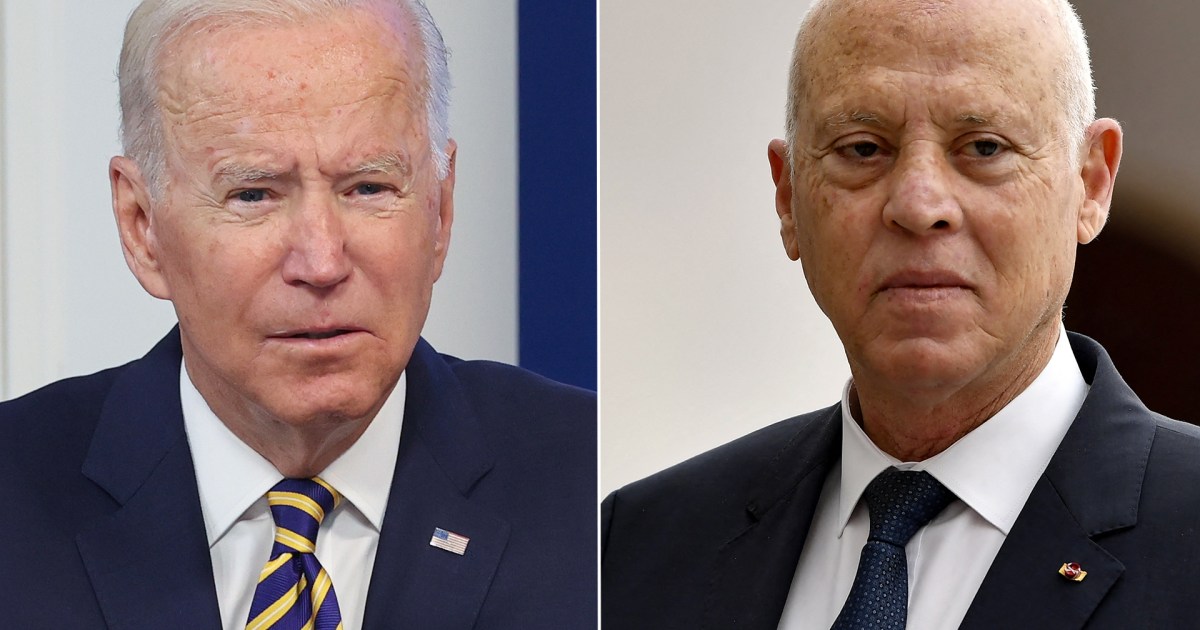American diplomats and academics called on the administration of their country to pressure Tunisian President Kais Saied to return Tunisia to democratic rule.
This came in a correspondence addressed by 51 former US ambassadors, academics and politicians to President Joe Biden, and it was published on the "Project on Democracy in the Middle East" website on Thursday evening.
Unfortunately, we fear, the absence of a strong American response to Said's attack on democracy has encouraged him to go on his destructive path, the letter said.
The letter recommended the Biden administration to provide additional economic support to Tunisia only when these steps are completed
She stressed the need for the rapid return of an elected legislative body and the restoration of independent bodies, including the Supreme Judicial Council and the National Anti-Corruption Authority, and the protection of political pluralism and freedom of expression, which has become threatened.
It also called on the Tunisian president to present a serious plan to address the economic crisis and not threaten rights and freedoms by ending the trial of civilians before military courts.
Notable signatories to the letter include former U.S. ambassadors to Tunisia Jake Wallis (2012-2015), Robin Ravel (1998-2000), and John McCarthy (1991-1994), as well as former U.S. ambassador to Algeria Cameron Hume, director of the United States Agency for Development. International Mark Lagoon, former US Congressman Carl Gershman, and John Esposito, an academic at Georgetown University in Washington.
On February 12, Saeed signed a decree creating the "Interim Supreme Judicial Council", instead of the Supreme Judicial Council (an independent constitutional body), which sparked protests and rejection from many judicial bodies and political forces.
The decision to dissolve the Supreme Judicial Council faced widespread internal and external criticism from bodies, associations and parties, who agreed that the procedure was "unconstitutional and violates the independence of the judiciary."
Tunisia has been experiencing a political crisis since last July 25, when Said imposed "exceptional" measures, including freezing the competencies of Parliament, issuing legislation by presidential decrees, dismissing the government, and appointing new ones.
The majority of political and civil forces in Tunisia reject these measures, and consider them a "coup against the constitution", while other forces support them and see them as a "correction of the course of the 2011 revolution," which overthrew the late President Zine El Abidine Ben Ali.

